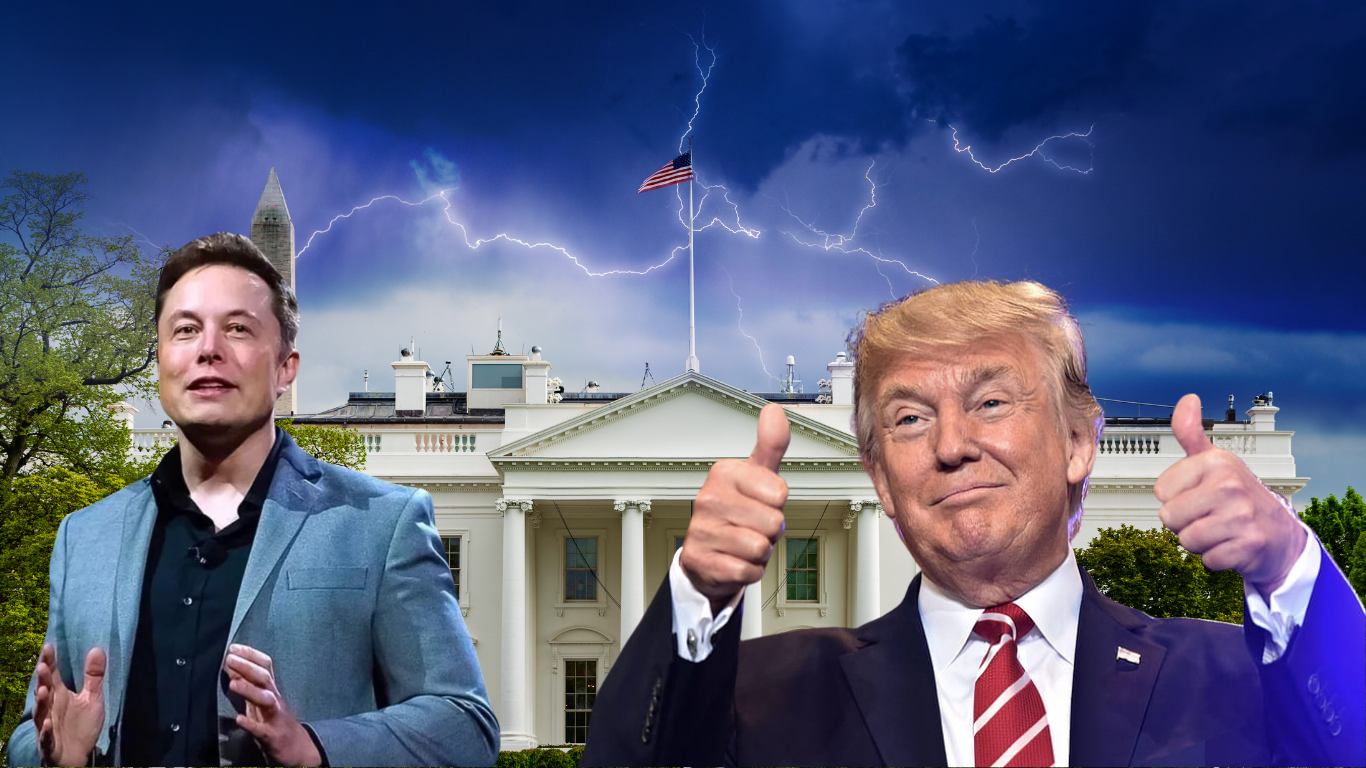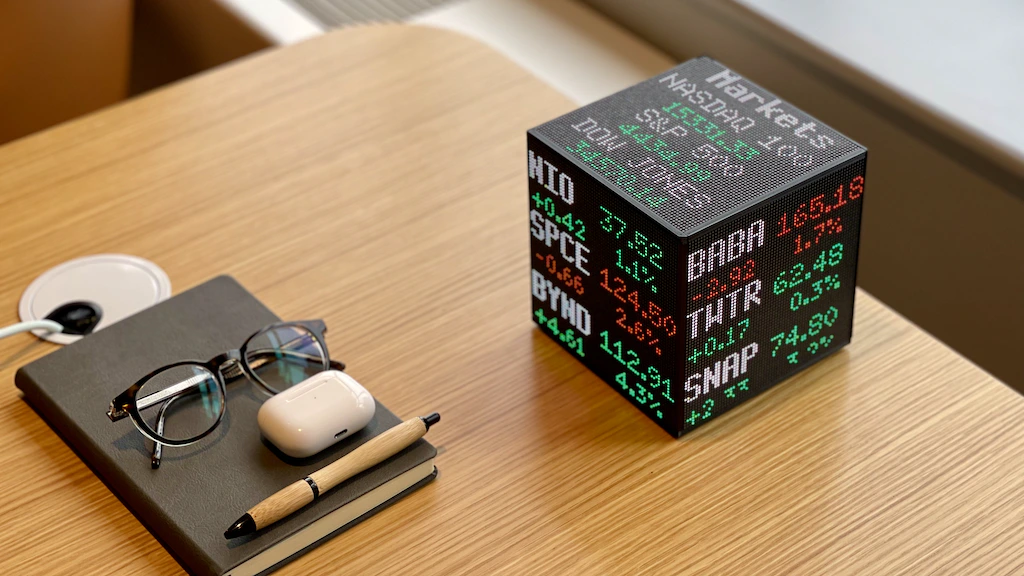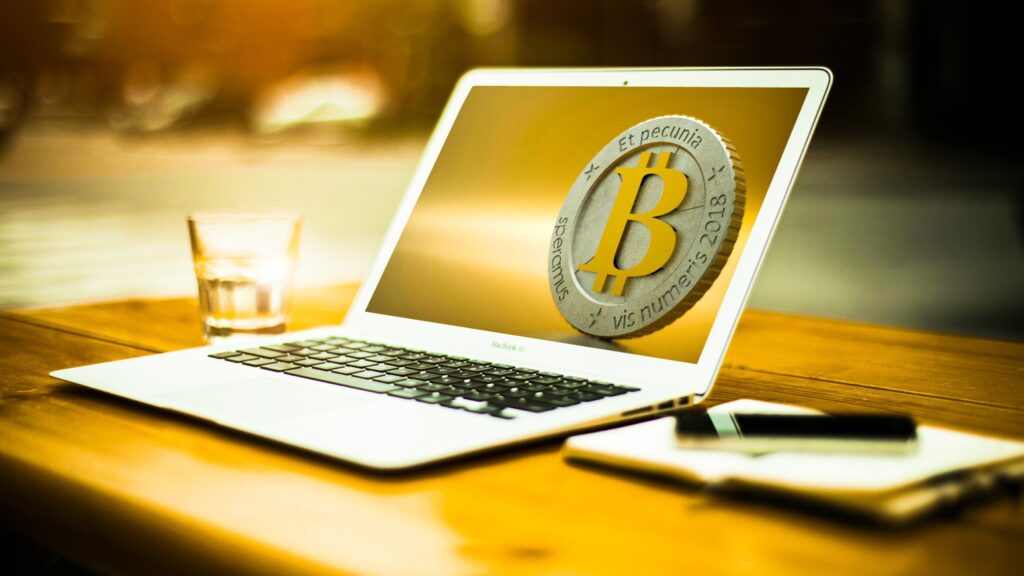There’s a controversy brewing in the computer industry as President Trump seeks to repeal President Biden’s AI executive order. In order to address the ethical, social, and security issues raised by artificial intelligence, this directive requires businesses to be accountable for the security and openness of their AI systems. However, Trump’s planned repeal may mark a dramatic shift away from regulation and to a greater emphasis on innovation, escalating the US-China AI battle.
Comprehending Biden’s Executive Order on AI
By addressing issues with data privacy, employment displacement, and safety, Biden’s AI executive order sought to create a framework that promotes responsible AI development. The directive aimed to prioritize ethical precautions and establish a global norm for safe AI deployment by imposing some regulatory control on AI technology.
Trump’s Plan to Repeal: A Deregulated AI Environment
Trump may repeal it. He thinks deregulation will hasten AI development in the US. According to him, legal restrictions might impede innovation. This could put the US at a disadvantage compared to China in the AI arms race. Trump believes that by removing these limitations, American tech companies can have more freedom to develop AI, reduce regulatory burdens, and focus solely on advancing AI quickly.
Elon Musk’s Position: An Appeal for Restrictions
Elon Musk, a pioneer in the development of AI, has a distinct viewpoint on regulation. Musk has warned of the dangers of unregulated AI systems and expressed support for both AI innovation and the urgent need for governmental supervision. Musk’s balanced way proves that, although he is amenable to quick advancement, he also understands the risks associated with deregulation in a field as potent as artificial intelligence.
The AI Contest Between the US and China: A Spark for Deregulatory Action?
The U.S. and China are competing for technical dominance, and AI has become a key component of their tech competition. China’s businesses have made significant strides in areas like machine learning, surveillance, and natural language processing thanks to the country’s more lenient regulatory framework. Potentially, Trump’s repeal would be a calculated move that would promote competitiveness by bringing American AI regulations into line with China’s free-market philosophy.
Analyzing the Benefits and Drawbacks of Deregulatory Action
A deregulated AI industry may encourage speed and innovation, but it might also bring problems. AI systems may unintentionally violate personal rights, exacerbate societal injustices, or provide unanticipated security risks if they are not properly supervised. According to Trump, the possible advantages of a deregulated market may exceed these dangers. However, Musk and other tech CEOs emphasize the significance of making sure that breakthroughs don’t come at a large social cost, given AI’s potential to transform sectors and civilizations.
A Way Ahead: Juggling Creativity and Accountability
Trump’s decision to revoke Biden’s executive order may signal the beginning of a new age of faster advancements in AI. But as the tech industry embraces this extraordinary change, striking the right equilibrium between creativity and accountability will be crucial to ensuring that AI can work in the best interests of mankind in the future.



